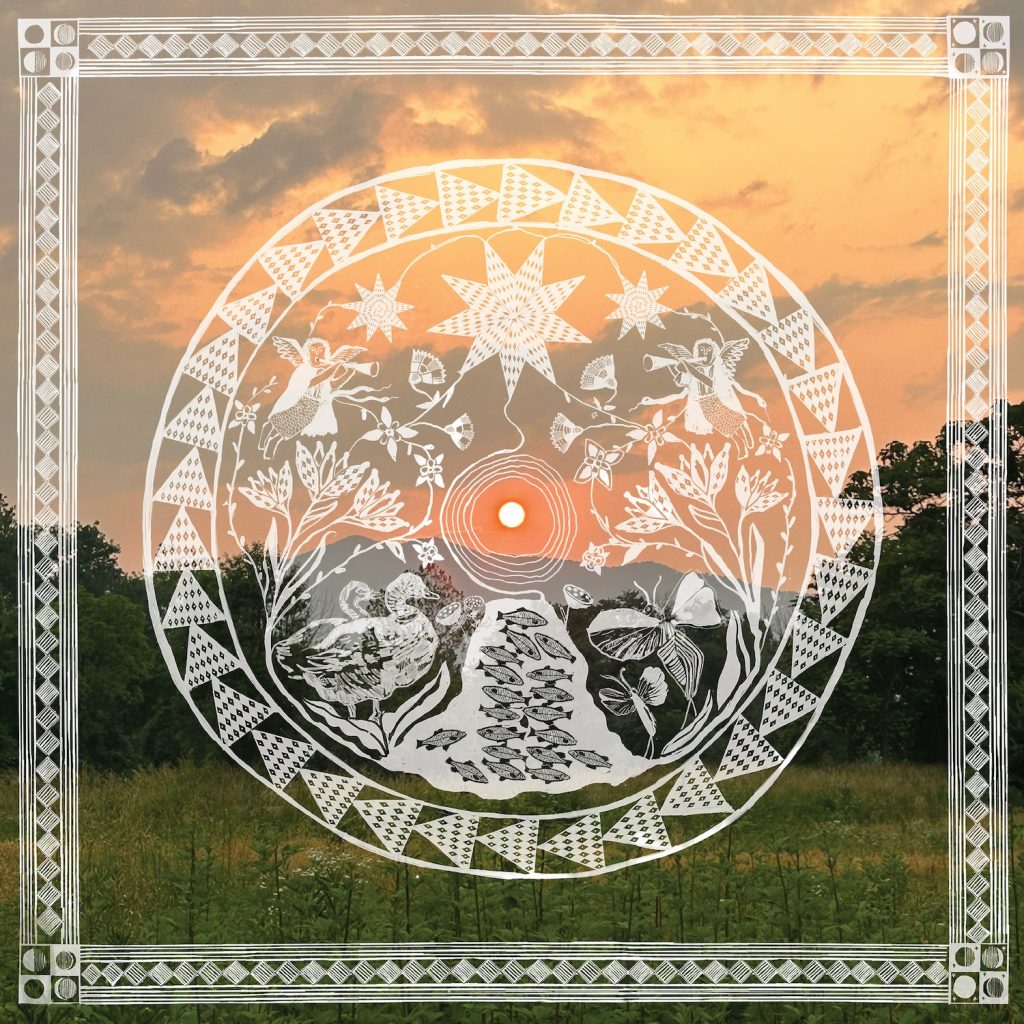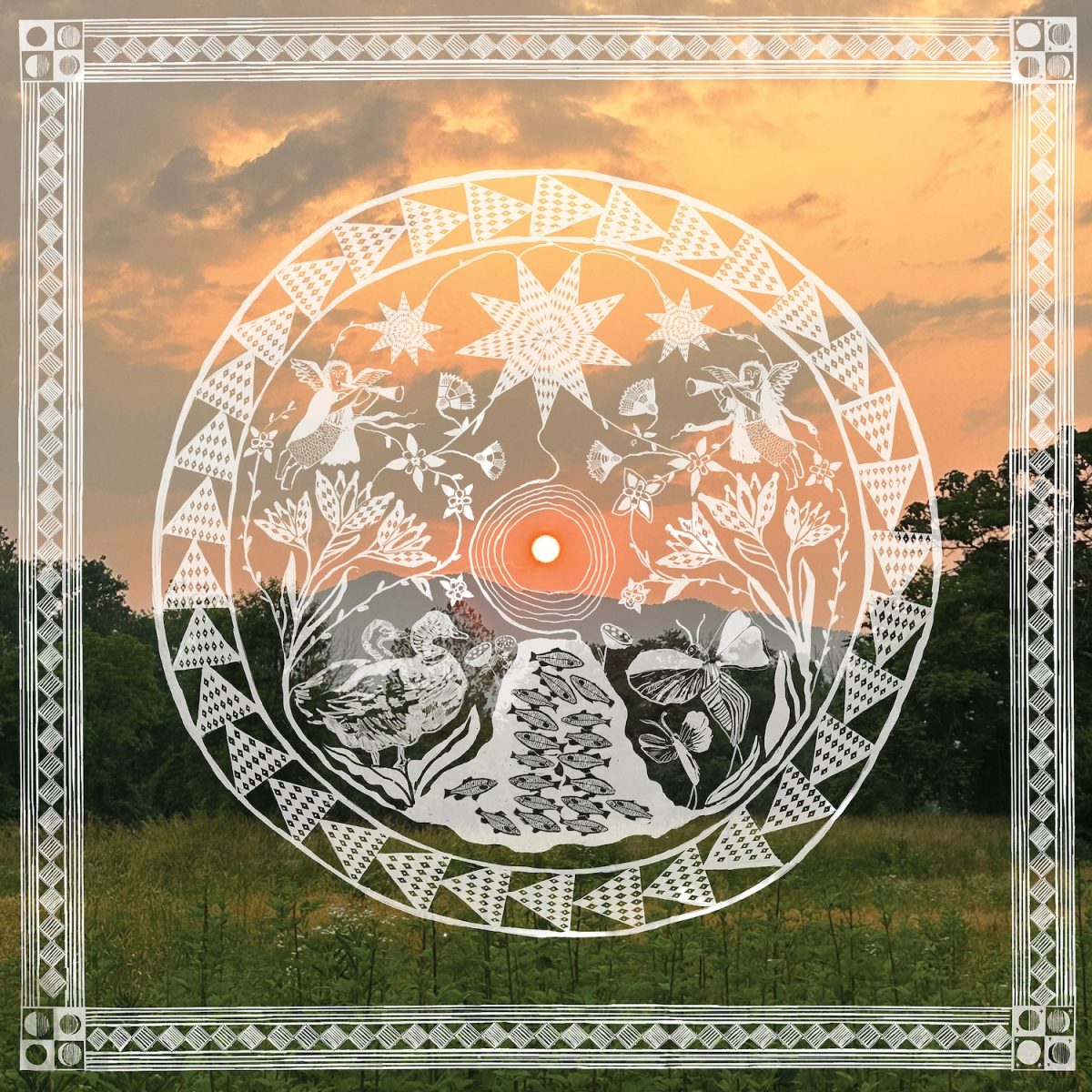
Daniel Bachman’s latest album takes its name from a tune that’s been sung by Songs Of The Pioneers, Billy Bragg & Wilco and the Carter Family with Johnny Cash. In the song (sometimes called “When The Roses Bloom Again”), a dying soldier looks beyond his imminent demise to a moment when he’ll be reunited with his sweetheart. That might sound bleak, but next to Bachman’s last two records, it’s an optimistic sentiment. On 2021’s Axacan, he contemplated the cultural catastrophe that led to European folks like himself occupying Virginia; last year’s Almanac Behind plunged the listener into a sonic depiction of climate disaster. By contrast, the prospect of reunion after death is downright rosy.
When The Roses Come Again also presents the rebirth of the 34-year-old Bachman’s identity as a guitarist. In his teens, he was a protégé of Jack Rose, and in the early 2010s, Bachman spent a few years with his guitars on the road. More recently, he’s revised his musical practice, developing work that couldn’t be performed in person, culminating in the maelstrom of field recordings, weather reports and barely there picking on Almanac Behind. On When The Roses Come Again, Bachman applies its predecessor’s computer-based methodology to string sounds. First, he recorded a week of guitar, banjo and jaw-harp improvisations. Then, he spent several months constructing tracks from them.
The 15-track album starts with a fragment of cantering banjo escaping from some squelchy, electronic tones. This quickly veers into a hymn-like melody that coheres out of echo-laden, plucked notes. Bachman’s digital hand is decisive, but not gentle. On “Someone Straying, Long Delaying,” electronic effects warp a picking pattern, and on “I Must Leave You Someone’s Saying,” half-melted slide licks ooze out of a heartbeat groove sourced from a drum app on his phone.
The time-stretched sounds that Bachman uses correspond to the way his compositional approach stretches the action contained within a three-minute-long song into an album-length representation of sonic death and resurrection. By electronically annihilating his own playing, Bachman has arrived at a variant of guitar music that’s entirely his own and representative of his particular existential circumstances. [Three Lobed]
—Bill Meyer






